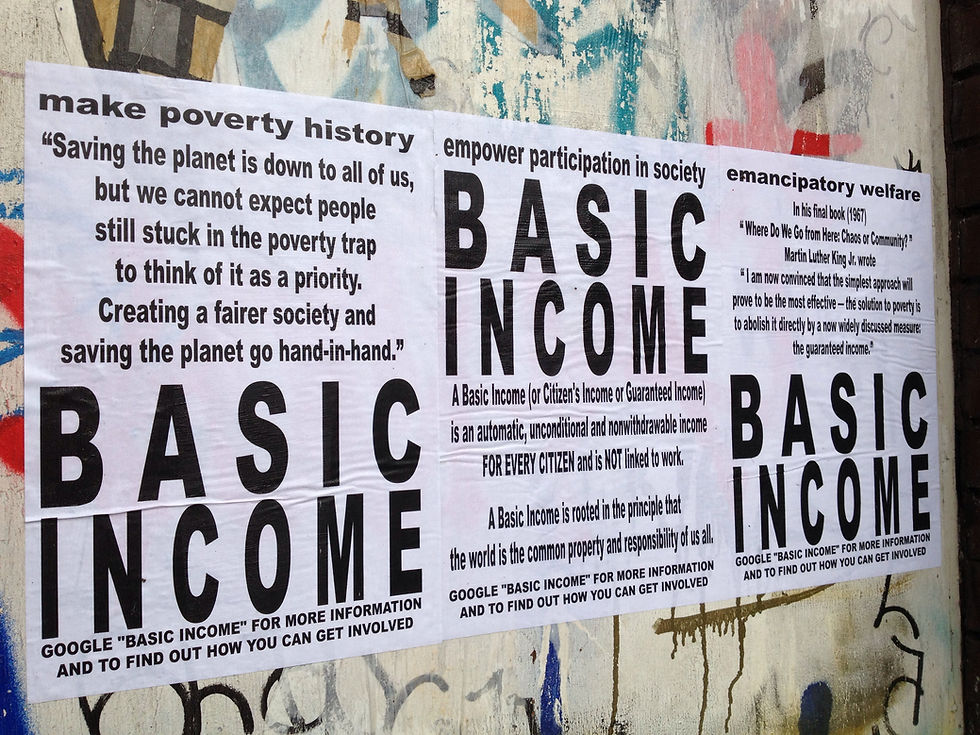UK Government Mulls Military Response to Migrants
- Alyana Castro

- Aug 13, 2020
- 3 min read
Updated: Dec 22, 2024
Alyana Castro discusses the recent influx of immigrants to the UK, and describes the conditions that push them to leave. Although maritime law states that those in difficulty must be helped, the UK government is reluctant to offer aid. Instead, the navy have been deployed, and the military may be too. Such measures, including arrests, have worried political opponents and charities.
Throughout August, there has been an increase in migrants crossing the English Channel, with groups crossing in more than 300 small boats, states the BBC. There are families with babies and children crossing dangerous and busy shipping lanes. Some migrants have even taken trains in the undersea Eurotunnel, while others hide in cross-Channel ferries. Many have tried to flee as far as southern Europe, travelling across the Mediterranean and Aegean Seas. As people are risking, and losing, their lives at sea, maritime law declares that these people must be rescued. This is stated in both the United Nations Conventions of the Law of the Sea and the International Convention for the Safety of Life at Sea.
The rate of migration in the UK has increased. In 2019, around 677, 000 workers became long-time immigrants in the UK for work and study purposes. Currently in August, it is estimated that more than 650 migrants have reached Britain. There are currently around 49, 000 asylum applications from migrants fleeing to the UK, yet there are higher asylum applications for other European countries such as Germany (165, 600), France (129, 000), and Spain (118, 000).
These refugees are coming from places such as Yemen, Eritrea, Chad, Egypt, Sudan, and Iraq. They are then seeking refuge and/or asylum in Europe. These families are escaping through organized smuggling groups that take families from Asia and Africa across to Europe. They are fleeing living conditions of poverty, violence, and war. Seeking asylum in the UK especially is quite challenging since it’s easier to apply if you’re already in the country; this is impossible for migrants who have to overcome border control in the port of Calais.
UK Immigration Minister, Chris Philp, reportedly had a meeting with French officials on Tuesday. They are thought to have discussed efforts in stopping migrants crossing the Channel Islands, since the route sails from France to Britain. Refugees use France to get to Britain as a “launching point”. Home Secretary Priti Patel expressed interest in arresting migrants in France , while encouraging the interception of approaching boats. She also called on the Royal Navy to stop the fleeing migrants, but other politicians described the idea as “dangerous”. In response to the migrant boat crossings, Prime Minister Boris Johnson described the crossings as a “very bad and stupid and dangerous and criminal thing to do”.

The government is working on a “comprehensive action plan”, meaning they are planning to cut the Channel route in order to avoid migrants from entering. Plans are still being finalized, and the government is reportedly still looking into the financial consequences of these actions. There are plans to appoint a commander who will solve this issue, The Guardian reports. There have been multiple accords signed in order to stop the rapid migrant flow. In early July, Britain and France signed a deal to share mutual intelligence about potential migrant crossings. The Royal Air Force is offering "assistance" to border patrol on the English Channel, including through surveillance aircraft. Both England and France are attempting to intercept as many boats as possible; the UK has asked the military for help, but are waiting for a response. In response to the issue, Philps says, “If we can make this route unviable, which we are determined to do, then migrants will have no reason at all to come to France in the first place.”
However, there are humanitarian groups as well as migration experts who are attempting to combat Philp’s policies. They are reluctant to ignore refugees, and to deny them access to asylum and citizenship. They are urging the government and immigration officials to provide safe routes for asylum seekers, which would evidently reduce the amount of deaths.

_edited.png)



Comments